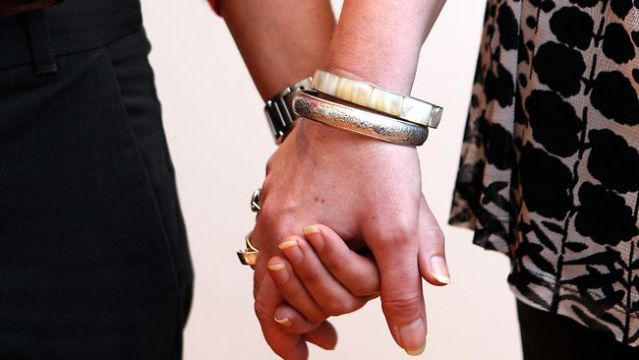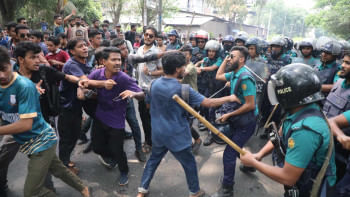Your Advocate
This week your Advocate is Barrister Tasnuva Shelley, Advocate, Supreme Court of Bangladesh. Ms. Shelley is a Senior Associate of a renowned law firm established by the Late Mr. Syed Ishtiaq Ahmed, namely, 'Syed Ishtiaq Ahmed & Associates”, which offers full range of legal advice and assistance to business clients in all sectors of industries, both domestic and international. The partners and associates of the firm are highly experienced in litigation and have a sizeable legal practice having expertise mainly in commercial law, corporate law, admiralty, employment and labor law, land law, banking law, constitutional law, telecom law, energy law, Alternative Dispute Resolution, Intellectual Property Rights and in conducting litigations before courts of different hierarchies.
Query
My name is Agnieszka Teresa Kosek a polish citizen currently living in Bangladesh. I got married here to Bangladeshi citizen and wanted to ask is there anything like that Bangladeshi citizens cannot marry foreigners? I got information from Polish Embassy in Delhi that marrying foreigners by Bangladeshi citizens is against the Bangladeshi muslim marriage law. My husband is muslim and we had muslim marriage.
Regards
Agnieszka Teresa Kosek
Response
Thank you for your query. The information you have obtained from the Polish Embassy in Delhi is misconceived and incomplete. Marriage between people from different countries, such as Poland and Bangladesh is not barred in Bangladesh per se, however, the personal laws of the country's religious communities govern most aspects of private life, including matters relating to marriage. As per the Muslim Personal Law (Shariat) Application Act, 1937 of Bangladesh, all Bangladeshi cizitens (declaring to be Muslim) submit themselves for the application of Muslim personal law (Shariat law) in all matters including marriage. Let me clarify how it works.
It is presumed that when a Muslim Bangladeshi citizen enters into a valid contract of marriage, the marriage would be conducted, registered and governed as per the Muslim Family Law Ordinance, 1961. Also take note that, a Muslim male can contract valid marriage with females from other religion, such as females from the religion of books (Al Kitab), such a Jew or a Christian. If all the procedures were not duly followed, such as registration of nikah nama, absence of witnesses, dower etc, a marriage with a Christian or a Jew would be irregular but not invalid and the children born out of this wedlock will be considered legitimate.
Since, you did not mention your religion beliefs but rather the citizenship of the country indicating that you were either born in Poland or have been living there for a long time, I am assuming you are a Christian.
In addition to religious personal laws, some marriage-related laws apply to all Bangladeshis, irrespective of their religious affiliation. The Special Marriage Act, 1872 allows people of different faiths, except Muslims, or those who do not ascribe to a particular faith, to legally register their marriage. Then there is the Christian Marriage Act, 1872 for Bangladeshi citizens who are Christians and the Foreign Marriage Act, 1903 which allows marriages between parties where neither of the party to a contract of marriage is a Christian.
Therefore, in conclusion, a Muslim male of course, can contract a valid marriage with a Muslim, Jew or Christian woman and if all the procedures have been duly followed, your contract of marriage is valid. I hope I have been able to respond your query and hopefully, now you have a better idea on the issue.
However, if you would want to know for sure, whether your marriage is valid and has been conducted in accordance with law, please consult a lawyer with all relevant documents, such as your contract of marriage (nikah nama), National Identifications, birth certificates, proof of address etc.
For detailed query contact: [email protected]


 For all latest news, follow The Daily Star's Google News channel.
For all latest news, follow The Daily Star's Google News channel. 



Comments